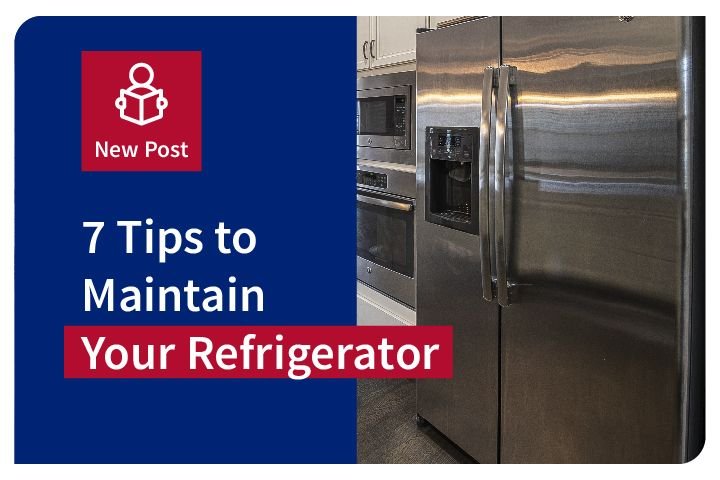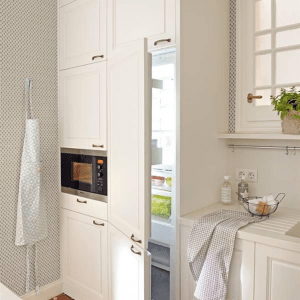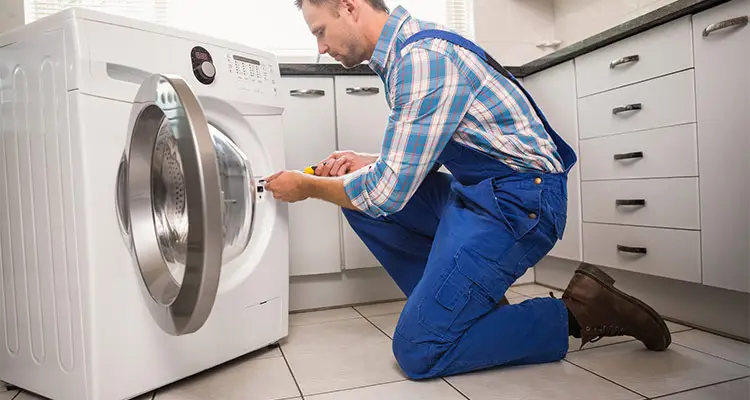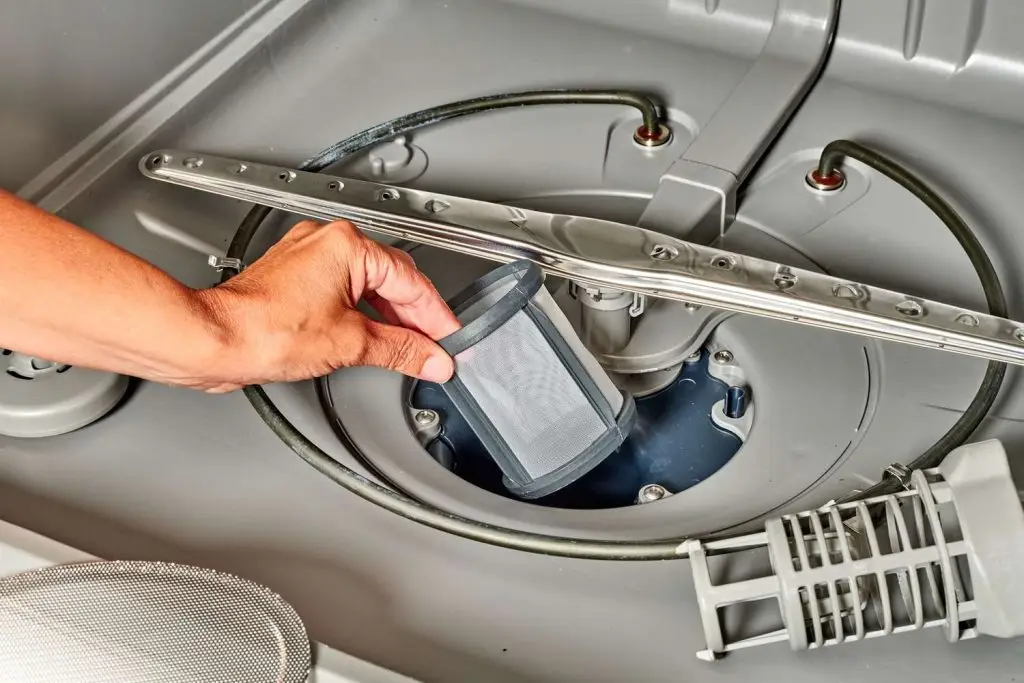The durability of our appliances is directly related to the use and care we give them. A refrigerator, depending on our care, can have a useful life of 10 to 15 years.
At ASAR we want you to live to the fullest, making the most of your appliances without taking time away from enjoying yours.
Here are some recommendations to help you get the most out of your fridge and extend its life.
1. POSITION
Your refrigerator is designed to remain upright, so you should never lay it down or tilt it, even if you are relocating.
When transporting it, make sure it is always in an upright position and never tilt it more than 40 degrees. Otherwise, the oil inside may come out and damage the entire system.
If you have transported it, you should always wait at least 12 hours before reconnecting it.
2. POWER FLOW AND TEMPERATURE
The electrical flow of your refrigerator must remain stable, as well as the internal temperature in order to keep its motor and cells safe.
Have your refrigerator connected to a stabilizer or surge suppressor, according to the power of your refrigerator, so that it is always receiving the same flow of electrical load.
Do not change the temperature of your refrigerator according to the ambient temperature. Nowadays the refrigerators are configured to do it automatically and safely.
 3. VENTILATION
3. VENTILATION
To prevent the refrigerator from overheating and consuming more electricity than necessary, it is very important to ensure that it has enough ventilation space around it.
When installing your refrigerator, keep in mind that there should be enough ventilation space at the back, even if it is embedded you should leave a space between the refrigerator and the wall.
Every 6 months, unplug the refrigerator and vacuum the back of it. The dust can damage it little by little.
4. LESS IS MORE
Your fridge consumes 7% more energy every time you open the door, this is why it is recommended not to open your fridge so often.
For this purpose, before you start cooking it is useful to have everything you need in mind and write it down in a list, so you can get everything out at once, and avoid opening your fridge more than necessary.
5. CLEANING
Modern refrigerators no longer need to be defrosted, most of them have NoFrost systems, which makes cleaning much easier.
Even so, once a month it is recommended to give it a thorough cleaning. Unplug it and clean every accessory you can detach with soapy water, then do the same with the inside. Pay special attention to the rubber seals, where food and dirt can accumulate causing damage.
6. VENTILATION AND STORAGE
Internal ventilation is just as important as external ventilation. For this reason, it is not good to fill the refrigerator too much. This causes the cold air not to circulate well and the food not to be kept at the necessary temperature.
Avoid the use of plastic bags because they block the flow of air inside the refrigerator and accelerate the decomposition of your fresh vegetables and fruits.
7. PERIODIC REVISION
From time to time check that the door closes properly, that the bulbs inside work, and that the refrigerator is properly leveled. If not, adjust it, as this will damage the motor of your refrigerator.


 3. VENTILATION
3. VENTILATION





